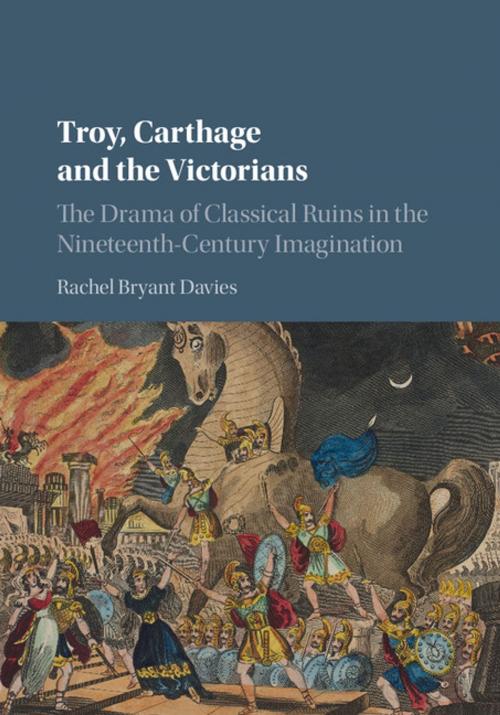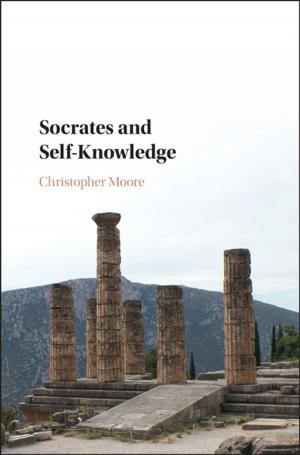Troy, Carthage and the Victorians
The Drama of Classical Ruins in the Nineteenth-Century Imagination
Nonfiction, History, Ancient History, Fiction & Literature, Literary Theory & Criticism| Author: | Rachel Bryant Davies | ISBN: | 9781108135542 |
| Publisher: | Cambridge University Press | Publication: | February 28, 2018 |
| Imprint: | Cambridge University Press | Language: | English |
| Author: | Rachel Bryant Davies |
| ISBN: | 9781108135542 |
| Publisher: | Cambridge University Press |
| Publication: | February 28, 2018 |
| Imprint: | Cambridge University Press |
| Language: | English |
Playful, popular visions of Troy and Carthage, backdrops to the Iliad and Aeneid's epic narratives, shine the spotlight on antiquity's starring role in nineteenth-century culture. This is the story of how these ruined cities inspired bold reconstructions of the Trojan War and its aftermath, how archaeological discoveries in the Troad and North Africa sparked dramatic debates, and how their ruins were exploited to conceptualise problematic relationships between past, present and future. Rachel Bryant Davies breaks new ground in the afterlife of classical antiquity by revealing more complex and less constrained interaction with classical knowledge across a broader social spectrum than yet understood, drawing upon methodological developments from disciplines such as history of science and theatre history in order to do so. She also develops a thorough critical framework for understanding classical burlesque and engages in in-depth analysis of a toy-theatre production.
Playful, popular visions of Troy and Carthage, backdrops to the Iliad and Aeneid's epic narratives, shine the spotlight on antiquity's starring role in nineteenth-century culture. This is the story of how these ruined cities inspired bold reconstructions of the Trojan War and its aftermath, how archaeological discoveries in the Troad and North Africa sparked dramatic debates, and how their ruins were exploited to conceptualise problematic relationships between past, present and future. Rachel Bryant Davies breaks new ground in the afterlife of classical antiquity by revealing more complex and less constrained interaction with classical knowledge across a broader social spectrum than yet understood, drawing upon methodological developments from disciplines such as history of science and theatre history in order to do so. She also develops a thorough critical framework for understanding classical burlesque and engages in in-depth analysis of a toy-theatre production.















